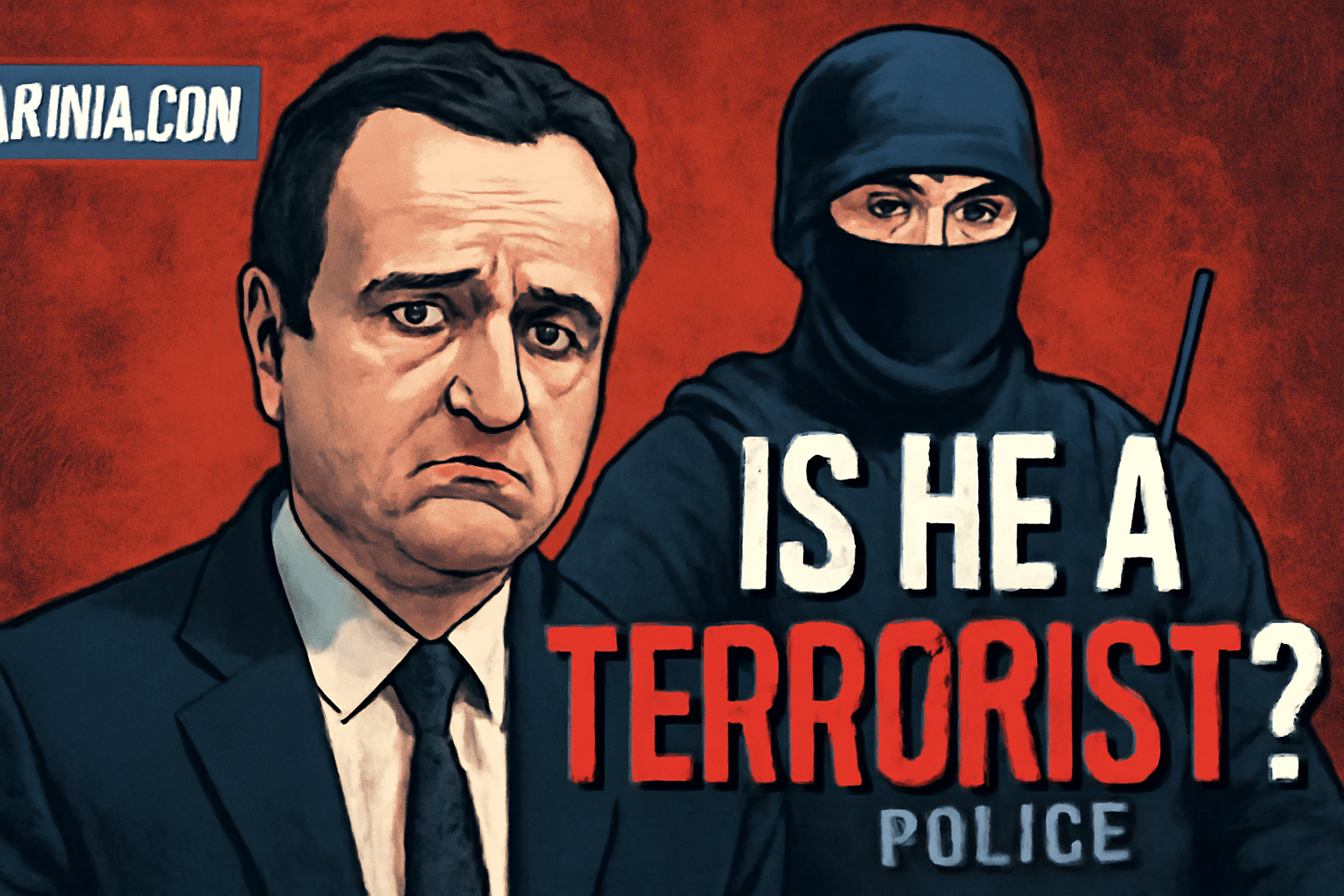Petković: Kurti and His Police Are Terrorists Persecuting the Serbian People
Petar Petković, director of the Office for Kosovo and Metohija, does not mince words when he calls the Prime Minister of the provisional Priština institutions, Albin Kurti, and his police “terrorists who persecute the Serbian people every day.” Is this just another political rhetoric or a real threat to Serbs in Kosovo and Metohija?
Accusations shaking the region
Kurti demanded the extradition of Milan Radoičić and 42 other individuals suspected of an armed attack in Banjska in 2023. He claims they are part of an organized terrorist group allegedly led by Serbia. Kurti even linked the accused to the President of Serbia, Aleksandar Vučić, stating that they are “people trained in Serbia” who carried out aggression against Kosovo.
The Serbian side strikes back
Petar Petković sharply responded to these accusations, emphasizing that Kurti is the one imposing the narrative and that if Kurti had asked the Serbs in Kosovo and Metohija, there would be no Serbs there. “The only real terrorists are Kurti and his police,” Petković said, stressing that every Serb living in Kosovo and Metohija can confirm this.
What lies behind the extradition demand?
The demand for the extradition of Milan Radoičić and other suspects further strains relations between Belgrade and Priština. Radoičić is a controversial figure, often mentioned in the context of conflicts and security incidents in Kosovo. Kurti insists they be handed over to Kosovo authorities, which Belgrade refuses, considering it politically motivated pressure on the Serbian community.
Regional context and the American role
Meanwhile, former US President Donald Trump stated that Serbia was preparing for a new war against Kosovo this year, but his administration prevented the conflict by threatening to halt trade. This statement further complicates the situation, indicating the seriousness of tensions and the possibility of conflict escalation.
What do analysts say?
Some analysts believe Trump’s statement is more political than factual and that there is no evidence of serious military preparations by Serbia for war with Kosovo. However, incidents like the Banjska attack further burden the dialogue and complicate finding a solution.
Conclusion
The situation in Kosovo and Metohija remains tense, and rhetoric on both sides is getting sharper. While Kurti accuses Serbia of terrorism, the Serbian side responds in kind, calling Kurti and his police terrorists. In this whirlpool of accusations and threats, ordinary people living in the region suffer the most.
If you think this is just another political show or that something much more serious is behind it all, feel free to drop a comment. Who knows, maybe your conspiracy theory makes more sense than the official statements!







